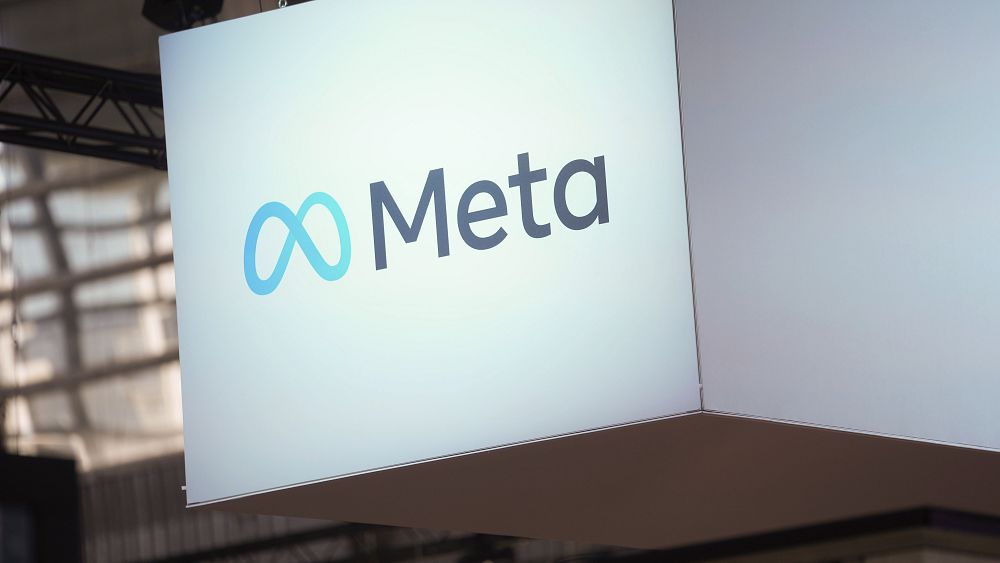
The Court of Justice of the European Union (CJEU) was ruling on a case in Germany between Meta and the country’s antitrust authority.
The case before the CJEU concerned Facebook’s parent company, Meta, and the German antitrust regulator, after it ordered the tech giant in 2019 to cease harvesting the data of users without prior consent.
The Federal Cartel Office, as it is known, said that by doing so, Meta was abusing its market power in an anticompetitive way, thus justifying the body’s step into the realm of data protection, which is usually handled by the relevant national authorities.
Meta subsequently challenged this order, arguing that the antitrust regulator had exceeded its authority, after which the German court sought advice from the CJEU.
In a press release on the ruling, the EU’s top court said that “a national competition authority can find, in the context of the examination of an abuse of a dominant position, that the GDPR has been infringed.”
It added, however, that “it must nonetheless take into consideration any decision or investigation by the competent supervisory authority pursuant to that regulation.”
A spokesperson for Meta told Euronews that comment would not be immediately available due to the ruling being “long and complex”, but did say one would be available soon.
The European Commissioner for Justice, Didier Reynders, told Euronews that the judgement was particularly important because it shows that more than one body can oversee the protection of data within the EU.
“I’m very pleased to see today that from the ECJ ruling, it’s possible to say that there are many actors in charge of the implementation and enforcement of the GDPR,” Reynders said on Tuesday.
“It’s also possible for the competition authorities to take into account the GDPR.”
Speaking on the judgement, the European Consumer Organisation (BEUC) also said that it will encourage cooperation between national regulators, and strengthen protection for consumers.
“This ruling is significant because it allows for better enforcing of competition law and protecting consumers against the harmful data practices of a company, as is the case here with Meta,” BEUC Deputy Director General, Ursula Pachl said.
“In a complex digitalised economy, more than ever we need authorities to think outside the box and to consider data protection when dominant companies break antitrust rules.
“This is a good step forward. Meta’s business practices based on illegal data extraction need to stop and this judgement paves the way for more effective enforcement against dominant digital platforms.”